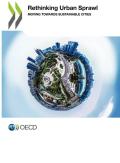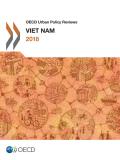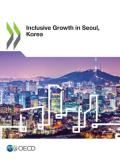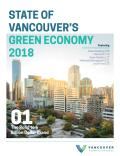


This report, undertaken within the framework of the OECD Champion Mayors for Inclusive Growth initiative, assesses inclusive growth trends and challenges in the Seoul metropolitan area. The analysis goes beyond income to assess the barriers faced by specific groups - non-regular workers, youth, women, the elderly and migrants - across four dimensions: education, labour market, housing and the urban environment, and infrastructure and public services. The study then takes a closer look at two major policy efforts by the Seoul Metropolitan Government to advance inclusive growth. The study analyses the city’s efforts to ensure that strategies to address climate change also protect and benefit the most vulnerable populations, notably through the Promise of Seoul, which puts citizen welfare and social inclusion at the heart of the city’s efforts to tackle climate change. The study also assesses the efforts of city authorities to level the playing field for small firms and entrepreneurs through its Economic Democratisation Agenda.

By 2050, about 70% of the world’s population will live, commute and work in urban areas. Between now and then, cities and suburbs will undergo significant transformations to create sustainable living conditions for their residents. Mobility and energy are the twin pillars of these transformations, and both will require radical adaptation to meet demographic and economic growth without increasing congestion and pollution. Cities will require mobility and energy solutions that are sustainable, affordable, secure and inclusive, and integrated with customer-centric infrastructure and services. Thus, the convergence of energy and mobility is critical.
These are exciting times in which new technologies allow people to rethink the way they live in a more sustainable and efficient manner. Smart mobility. Smart water. Smart grid. Smart integration. These are the foundations of tomorrow’s cities, which are being realized today.
